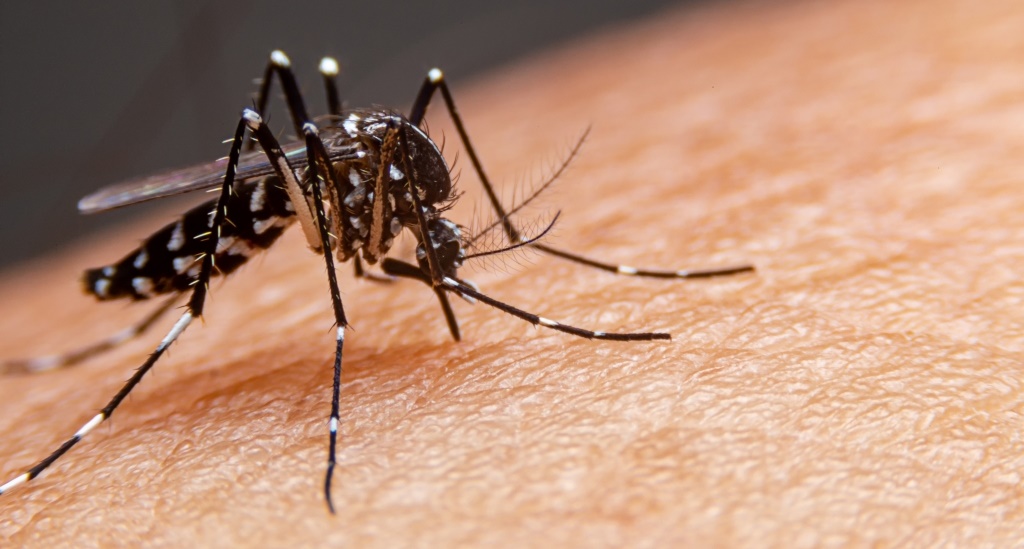Arboviruses: WHO warns of killer viruses! Is humanity facing the next death pandemic?

In addition to the corona virus, the WHO is also procuring other viruses: the experts warn of arboviruses, which are spread by insect bites and can spread at breakneck speed. Is humanity now threatened with a new pandemic?
In addition to the corona virus, there are other viruses that can cause serious to fatal infections. Now the World Health Organization (WHO) warned that insect-borne viruses pose a “growing” risk and could even trigger a new pandemic.
WHO warns of arboviruses: is a new pandemic imminent?
The WHO warned of arboviruses such as Zika, yellow fever virus, chikungunya and dengue, which are transmitted by ticks or mosquitoes. These are at the top of the list for a possible global wave of infections. “The next pandemic could very likely be caused by a new arbovirus. And we also have some signs that the risk is increasing,” said Dr. Sylvie Briand, director of the Global Infectious Hazard Preparedness Team at the WHO, at a press conference on Thursday (03/31/2022). The press conference was held on the occasion of WHO’s global arbovirus initiative, the Daily Mail reported. Especially with regard to the corona pandemic, one would have experienced the “hard way” “what it means to not be sufficiently prepared for events of great importance,” says Dr. Sylvie Briand.
Dengue, Zika, yellow fever virus and Co.! WHO wants to stop outbreaks with initiative
With the initiative, experts are trying to develop strategies to prevent a repeat of the Covid 19 pandemic. Since 2016, more than 89 countries have faced Zika outbreaks, while yellow fever risk “has been increasing since the early 2000s,” experts say. The yellow fever virus and dengue fever would also guarantee a high risk of outbreaks. Both trigger a hemorrhagic fever and can lead to death. Yellow fever also causes jaundice. Chikungunya is relatively unknown but is found in 115 countries and causes severe arthritis that damages joints. The WHO advises not to be bitten by mosquitoes, especially with regard to the yellow fever virus, although there is a vaccine.
With the initiative, the WHO now wants to develop strategies to prevent widespread outbreaks. In view of the “frequency and extent of outbreaks” of arboviruses, especially those transmitted by Aedes mosquitoes, international action is essential. It is urgently needed to reassess existing tools and consider how they can be used across diseases to ensure an efficient response, evidence-based practice, well-equipped and trained staff and community engagement,” said Dr. Mike Ryan, Director of the Emergency Program at the WHO.



